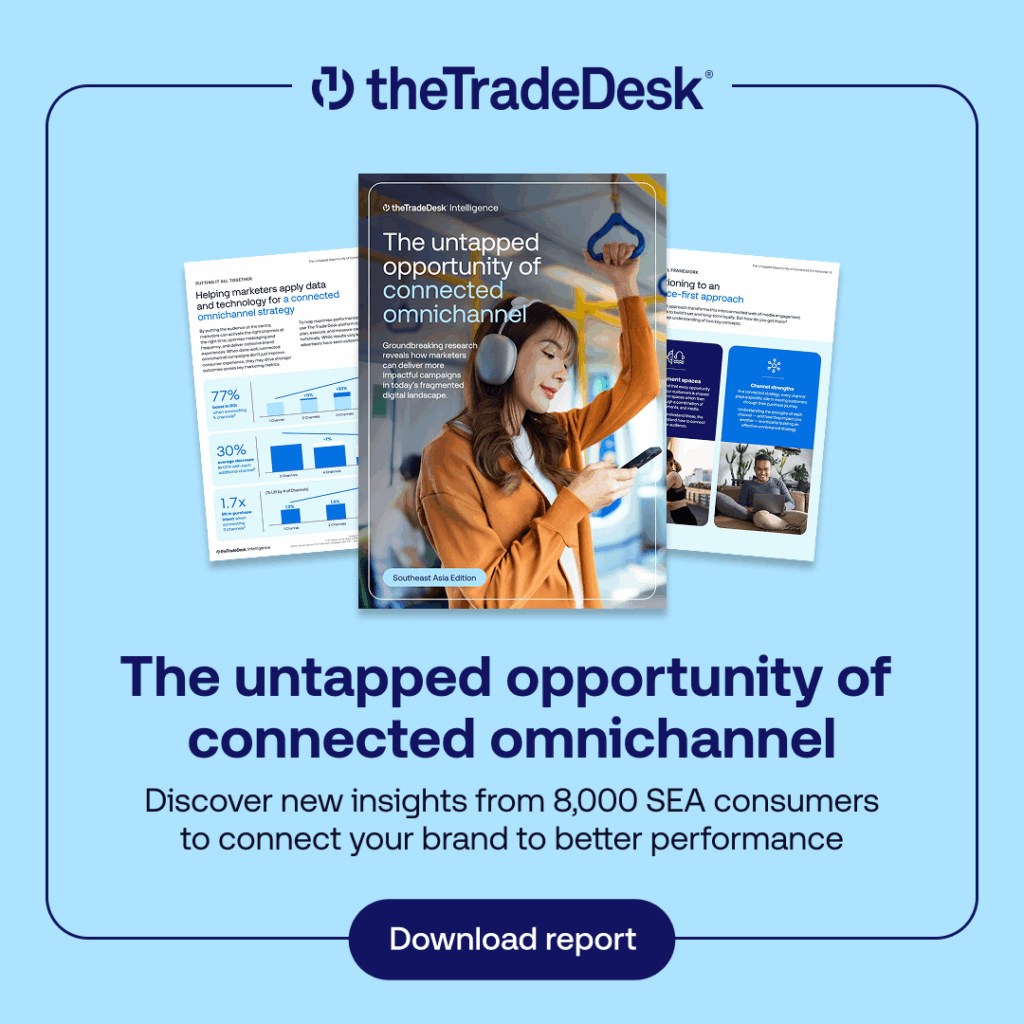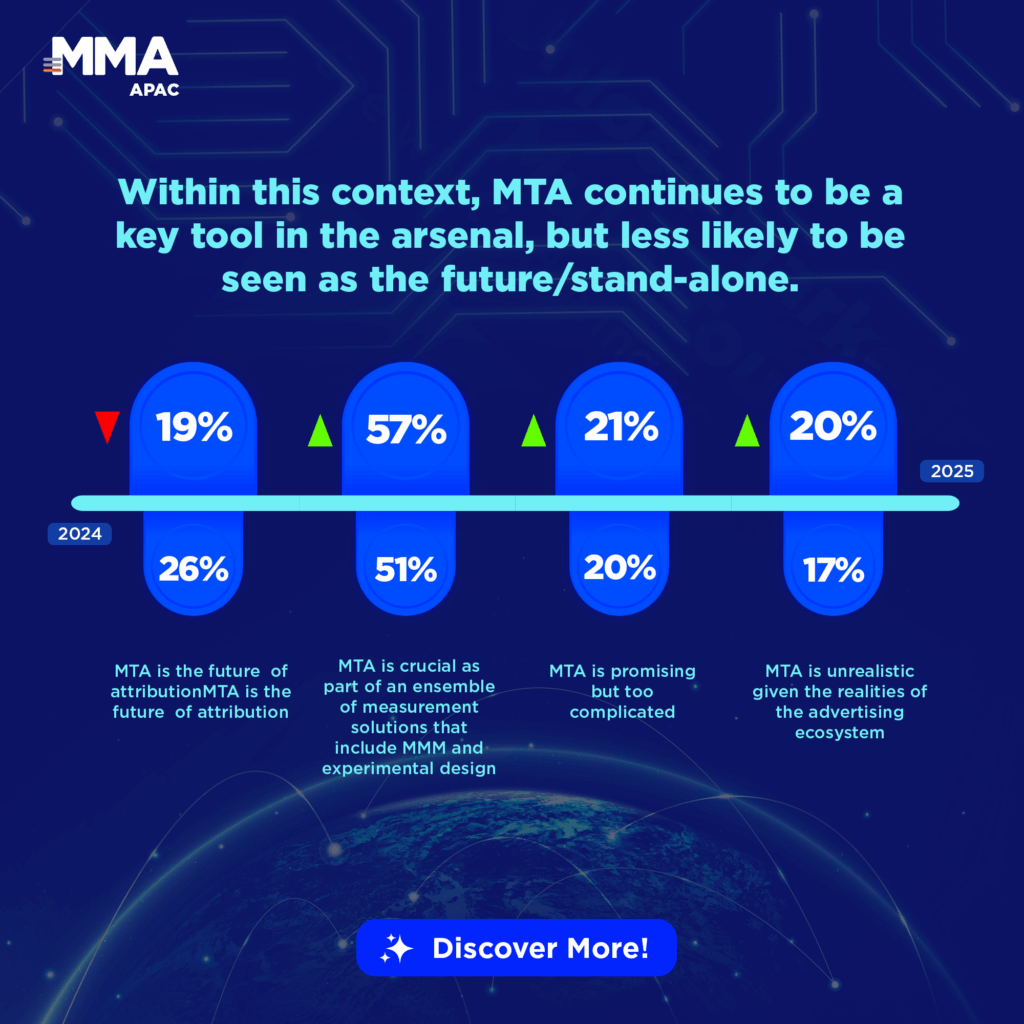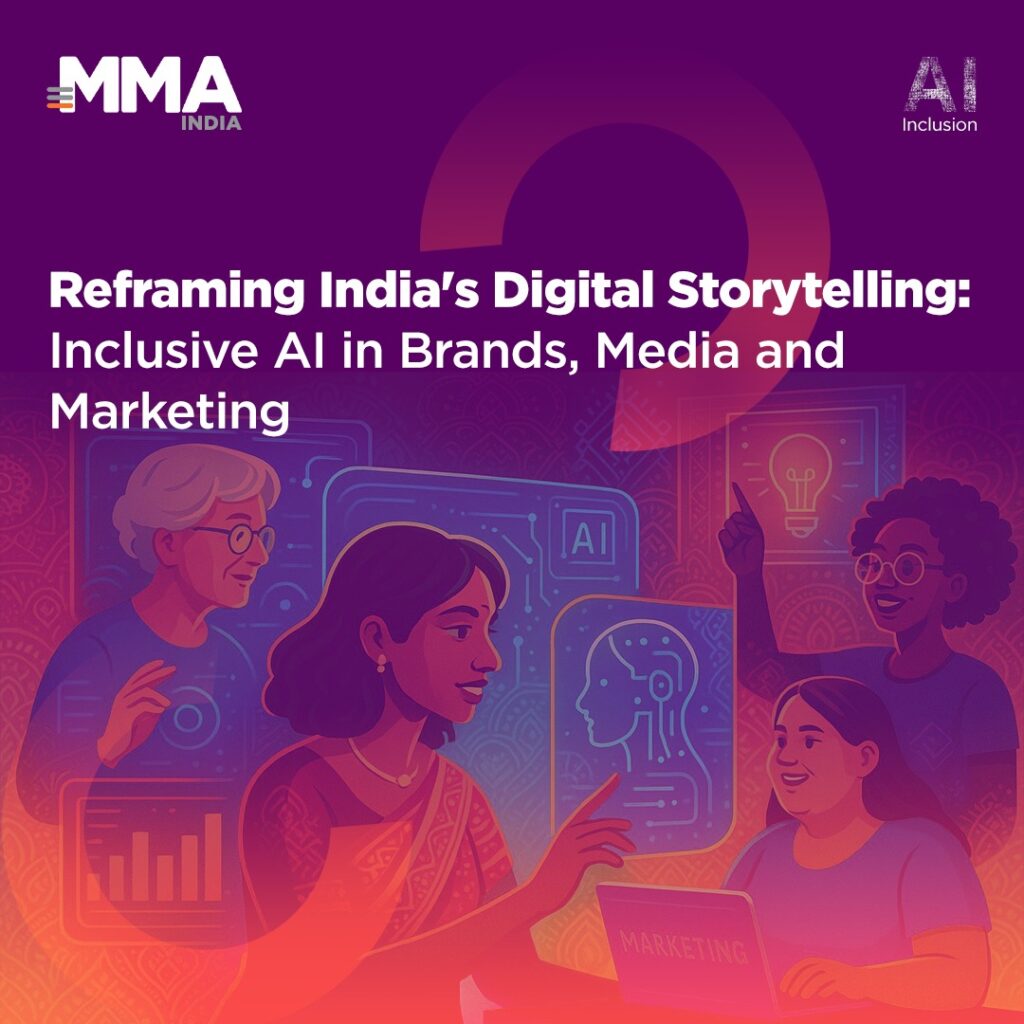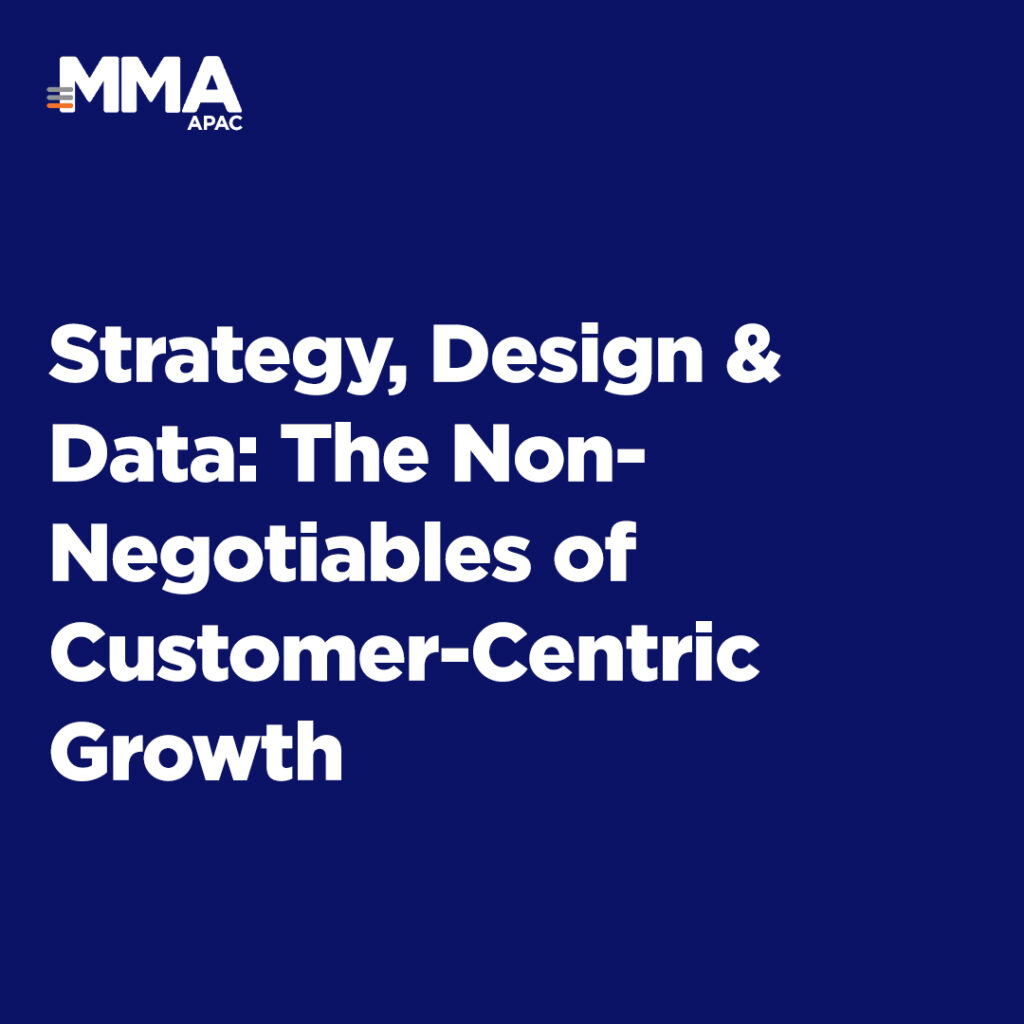
Introduction: Industry Challenges
The coffee industry is characterized by its dynamic and ever-evolving nature, influenced by a variety of factors such as changing consumer behaviors, economic challenges, an increased emphasis on health, sustainability, and innovation. As the world recovers from recent upheavals, the coffee sector is adjusting to cater to the evolving needs and preferences of consumers while also tackling larger societal issues. This article explores the major trends shaping the coffee industry, providing insights into the intricate forces driving the future of this cherished beverage.
Drinking coffee used to be seen as a symbol of adulthood, often favored by college students cramming for exams or young adults entering the “real world.” However, traditional age-related barriers seem less relevant to today’s younger consumers, who may have more sophisticated taste palates. Coffee consumption is beginning at an earlier age. According to a Mintel study[1], adults aged 35 and older reported starting to drink coffee between the ages of 18 and 20, while younger consumers, currently aged 18-24, began at an average age of 15.
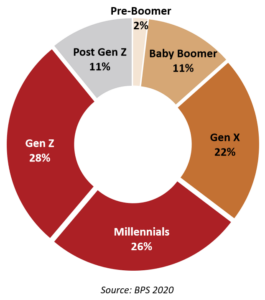 The coffee industry, particularly in Indonesia, faces significant challenges due to the evolving consumer behaviors of Gen Z and Millennials. According to the Statistics Indonesia (BPS) report[2] in 2020, Gen Z and Millennials are the largest population group with28% and 26% respectively from the total of Indonesia populations of 270 millions, making them the most influential in shaping market trends.
The coffee industry, particularly in Indonesia, faces significant challenges due to the evolving consumer behaviors of Gen Z and Millennials. According to the Statistics Indonesia (BPS) report[2] in 2020, Gen Z and Millennials are the largest population group with28% and 26% respectively from the total of Indonesia populations of 270 millions, making them the most influential in shaping market trends.
With Gen Z and Millennials accounting for over half of Indonesia’s population, their preferences and behaviors are crucial in determining the direction of the coffee market. According to internal 2023 Brand Health Track (BHT) research, these generations prioritize experiences, authenticity, and convenience. They are digitally savvy, socially conscious and value brands that resonate with their lifestyle and beliefs. With the surge in demand for innovative coffee products, sustainable practices, and engaging brand experiences, this underscores the importance of personalization and connection, both online and offline. The traditional marketing strategies and product offerings are becoming less effective, as these consumers demand personalized experiences, ethical sourcing, and seamless online interactions.
Objective
Given the evolving consumer preferences particularly among Gen Z and Millennials, Kopi Kenangan ensures its operations relevancy and brand appeal to enhance customer satisfaction, increase brand loyalty, and drive sustainable growth in a competitive market.
Discussion: Current Data and Insights
- Preference for Experience and Convenience

Fig. I: Consumer’s Purchase Motivation, Internal Brand Health Track (BHT) 2023
According to the insight gathered from the company’s BHT report, in today’s market, consumers are driven by two main factors when choosing their purchase channels: experience and convenience. The offline channel excels in delivering a rich, immersive brand experience, which is critical for creating a lasting emotional connection with consumers.
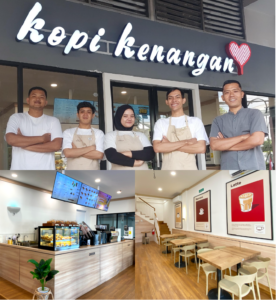
Physical stores provide a multisensory environment where customers can see, touch, and smell products, engaging all their senses. This tactile interaction is particularly important for coffee brands, as the aroma and taste are key components of the product experience.
| Brand Ambiance: A well-designed store can convey the brand’s personality and values, creating a welcoming atmosphere that encourages consumers to linger and engage. | Customer Service: Personal interactions with knowledgeable staff can enhance the customer experience, providing personalized recommendations and fostering a sense of community.
|
Events and Tastings: Hosting events, workshops, and tastings can create memorable experiences that deepen consumer loyalty and encourage word-of-mouth (WoM) promotion. |
| Exclusive Offerings: Limited-edition products or in-store only deals can drive foot traffic and create a sense of exclusivity and urgency.
On the other hand, the online channel offers unmatched convenience, seamless transactions, quick deliveries, with the added allure of frequent promotions that many consumers have come to expect. The digital space meets the needs of today’s fast-paced lifestyle, where time-saving and efficiency are paramount. |
Ease of Access: Online stores are accessible 24/7, allowing consumers to shop at their convenience without geographical limitations. | Personalization: Advanced algorithms and data analytics enable personalized shopping experiences, suggesting products based on past purchases and preferences. |
| Efficiency: The ease of comparing prices, reading reviews, and completing purchases quickly makes online shopping highly attractive. | Promotions and Discounts: The digital platform allows for frequent and easily accessible promotions, which are highly appealing to price-sensitive consumers. Loyalty programs and targeted offers can further enhance engagement and retention. |
- A Brand that Speaks to Me

Fig. II: Key Drivers of Brand Choice, Kantar Research (2023)
The retail coffee industry has undergone a significant shift from a mere routine pit stop that offers promotional offers, and transformed into an integral part of consumers’ lifestyles. Today’s consumers are no longer just looking for a caffeine fix; they are seeking brands that resonate with their values and sensibilities.
Key Trends
| Lifestyle Integration
Coffee has become more than just a beverage; it is a lifestyle choice. Consumers are choosing brands that align with their identity and values, whether it’s sustainability, quality, or community engagement. |
Brand Connection
Modern consumers are intuitive and discerning. They gravitate towards brands that speak to them on a personal level. Authentic storytelling, transparent practices, and social responsibility are key factors that influence their loyalty. |
Experience Over Promos
While promotions still play a role in attracting customers, the emphasis has shifted towards creating unique and memorable experiences. This can be through innovative products, engaging store environments, or meaningful brand interactions. |
Solution
To address the challenges faced in the evolving coffee industry landscape, Kopi Kenangan has implemented several strategic initiatives aimed at reinforcing its market position and deepening its connection with consumers. These solutions focus on brand storytelling, consumer engagement, and innovative product offerings.
- Brand Storytelling
Emphasizing the Brand’s Story and Values
Kopi Kenangan has made it a priority to weave its story and core values into every aspect of its marketing efforts. By sharing the brand’s journey, mission, and vision, Kopi Kenangan can create a narrative that resonates with consumers on a personal level. This approach involves:
| Sustainability: Highlighting the brand’s commitment to sustainable practices, including eco-friendly packaging, ethically sourced beans, and efforts to reduce the environmental footprint. For instance, collaboration between Kopi Kenangan and Bell Living Lab for a sustainable merchandise made from 100% coffee grounds
|
Quality Sourcing: Showcasing the meticulous process of selecting high-quality beans, the expertise in roasting, and the craftsmanship that goes into every cup of coffee | Community Impact: Promoting initiatives that support local communities, such as partnerships with local farmers, community outreach programs, and contributions to social causes. These efforts not only build a positive brand image but also foster a sense of pride and loyalty among consumers |

2. Consumer Engagement
Fostering Deeper Connections with Consumers
To build a loyal customer base and enhance brand loyalty, Kopi Kenangan is focusing on creating meaningful and personalized interactions with consumers through various engagement strategies:
- Loyalty Programs: Developing comprehensive loyalty programs that reward repeat customers with exclusive perks, discounts, and early access to new products. These programs encourage repeat visits and foster long-term relationships.
- Social Media Engagement: Utilizing social media platforms to engage with customers, share content, and build a community around the brand. This includes interactive campaigns, user-generated content, and real-time communication with followers.
- Personalized Experiences: Leveraging data analytics to offer personalized experiences tailored to individual customer preferences. This could involve customized drink recommendations, special birthday offers, and personalized marketing messages.
3. Innovative Offerings
Catering to Evolving Consumer Tastes and Preferences
Innovation is at the heart of Kopi Kenangan’s strategy to stay ahead in the competitive coffee market. By continuously introducing new and exciting products, the brand can cater to diverse consumer preferences and drive interest:
| Specialty Drinks: Expanding the menu with a range of specialty drinks that offer unique flavors and high-quality ingredients. This includes limited-edition beverages, seasonal specials, and artisanal blends. | Health-Conscious Options: Meeting the growing demand for health-conscious choices by offering options such as low-calorie, dairy-free, and plant-based beverages. Incorporating functional ingredients like superfoods and adaptogens can also appeal to health-focused consumers. | Limited-Edition Collaborations: Partnering with other brands, influencers, or local artists to create limited-edition collaborations. These exclusive offerings can generate buzz, attract new customers, and provide a fresh and exciting experience for existing customers
|
By focusing on these key areas, Kopi Kenangan aims to address the challenges posed by the evolving coffee market, strengthen its brand identity, and build lasting relationships with its consumers. These strategies not only enhance the overall customer experience but also position Kopi Kenangan as a forward-thinking and consumer-oriented brand in the competitive coffee industry.
Impact
These solutions have brought about significant positive changes, as follows:
Success in Growing Brand Awareness and Loyalty
1. Growth in Awareness Leading to Increased Consumption and Loyalty
Over the past year, we have successfully enhanced our brand awareness, which has subsequently translated into significant growth across various stages of the customer journey—from initial usage to long-term loyalty. This journey includes:

- Awareness: Through targeted marketing campaigns and strategic partnerships, we have significantly increased our brand’s visibility in the market.
- Conversion: As a result of heightened awareness, more consumers are trying our products, leading to higher consumption rates.
- Loyalty: The positive experiences during the consumption phase are converting first-time customers into loyal patrons. Our consistent quality and customer-oriented approach have played a crucial role in this conversion. <Checked, revised>
2. Significant Incremental on Top of Mind Awareness
While regional coffee chains continue to lead in Top of Mind and Spontaneous Awareness, our brand is showing promising signs of closing the gap, particularly in converting users into loyal customers.

Chart II: Top of Mind Awareness YoY Comparison, Kantar Research (2023)
- Top of Mind Awareness: Our strategic efforts have significantly improved our position in consumers’ minds.
- Spontaneous Awareness: Consumers are increasingly mentioning our brand without prompting, indicating a rise in spontaneous recall.
- Conversion to Loyalty: We have observed that our ability to convert initial users into loyal customers is growing stronger. This suggests that once consumers experience our brand, they are more likely to continue choosing us over competitors.
4. Positive Trend in Brand Power
Our increased consumption conversion is reflected in the positive trend of our Brand Power, indicating a strong and favorable perception of our brand.

Chart II: Top of Mind Awareness YoY Comparison, Kantar Research (2023)
This is evident across various attributes that define our brand’s strength:
Favorable Perception: We are gaining positive feedback and high ratings in key areas such as product quality, customer service, brand values, and overall experience.
Attribute Performance: On an absolute level, we are witnessing favorable perception across almost all attributes, including taste, innovation, ethical practices, and community engagement. This comprehensive improvement reinforces our brand’s competitive position.
Strategic Implications
| Sustained Marketing Efforts Continue to invest in marketing strategies that enhance brand visibility and consumer engagement. | Focus on Experience: Maintain a strong focus on delivering exceptional customer experiences to foster loyalty. | Leverage Positive Attributes: Highlight and promote the attributes where we excel, such as product quality and ethical practices, to differentiate ourselves from competitors. | Monitor Competitor Activity: Keep a close eye on competitors to identify areas where we can further improve and capitalize on opportunities. |
Conclusions
The coffee industry in 2024 showcases the resilience, adaptability, and creativity of its key players. The sector is being shaped by a blend of shifting consumer behaviors, economic challenges, and an increasing focus on health, sustainability, and innovation. This intricate interplay of factors is driving the trends that define the industry.
Consumers are demanding more affordable and convenient options, prompting the industry to diversify its offerings with products and enhanced coffee shop experiences. The growing emphasis on health and wellness is fueling interest in coffee tastings, health-conscious alternatives, and innovative products. Sustainability and ethical considerations are at the forefront of the industry’s agenda.
As the coffee industry navigates this dynamic and evolving landscape, it is evident that the affection for this cherished beverage remains strong. To win over Gen Z and Millennials, brands must adapt to this generation’s dynamic journey. The industry’s capacity to adapt, innovate, and address changing consumer needs and societal concerns ensures its continued growth and relevance in the future.
[1] Mintel Study, “Coffee marketers can warm up to young sippers for long-term growth” October 7, 2010.
[2] Badan Pusat Statistik Indonesia, “Hasil SP2020”, January 21, 2021.











